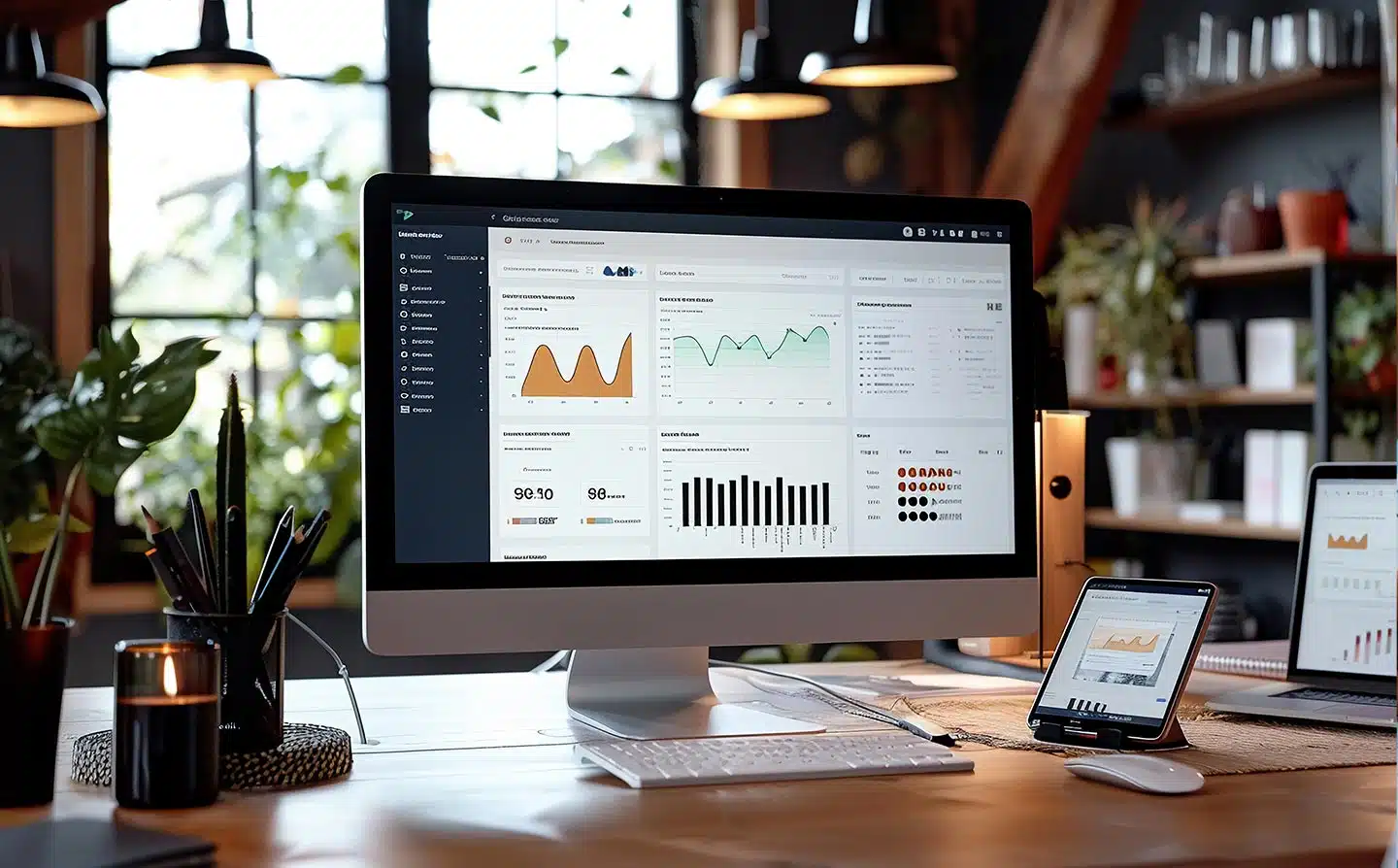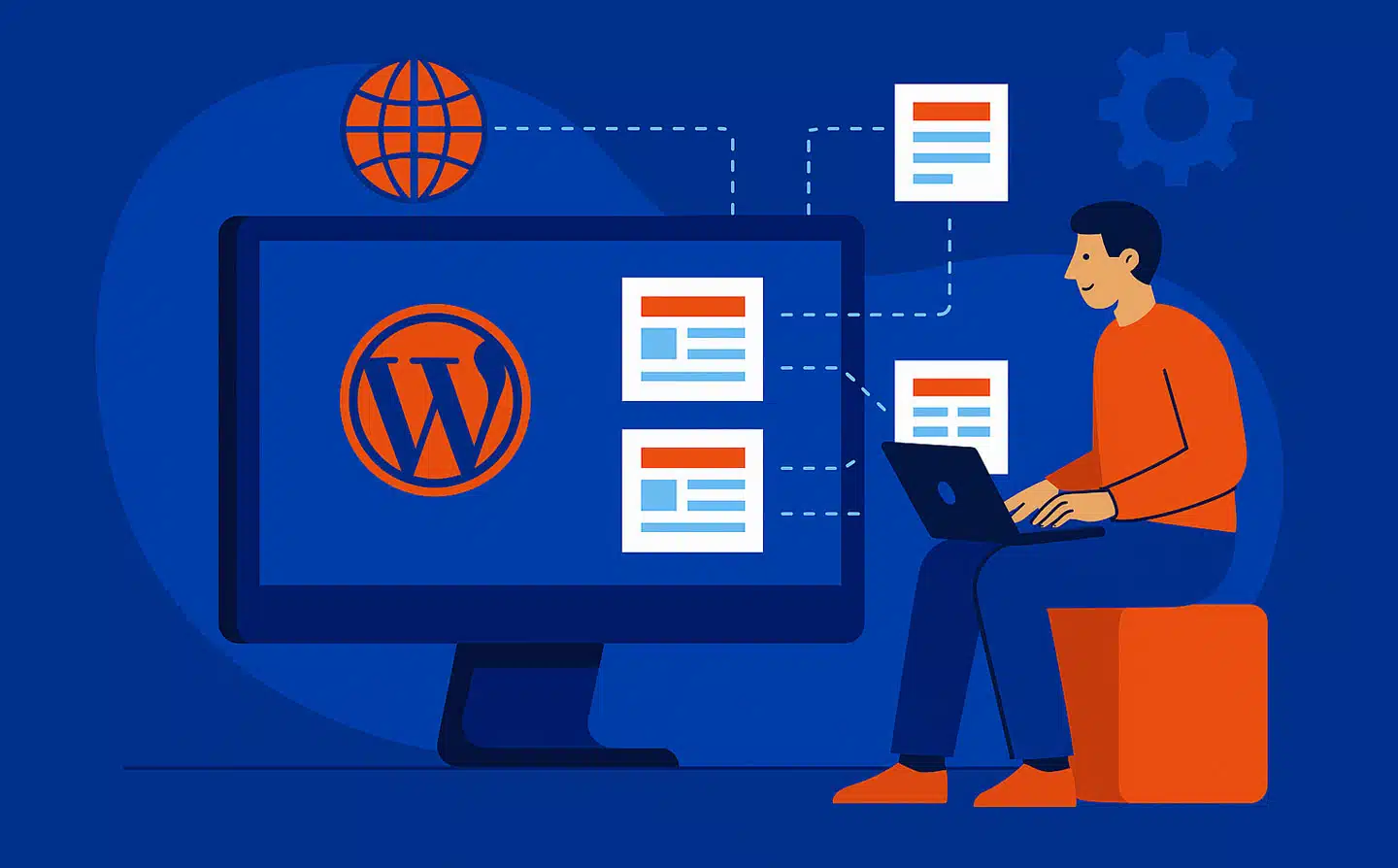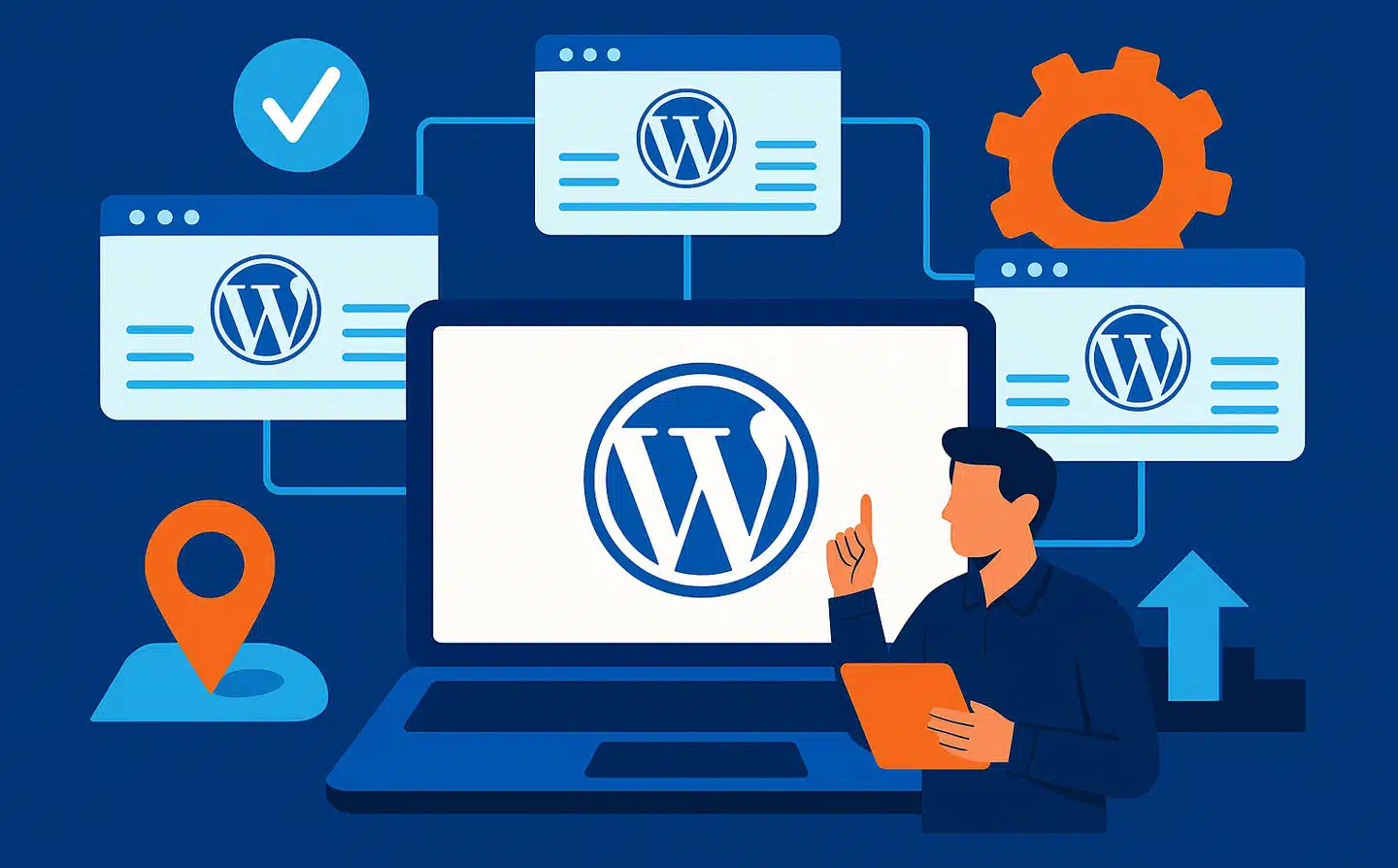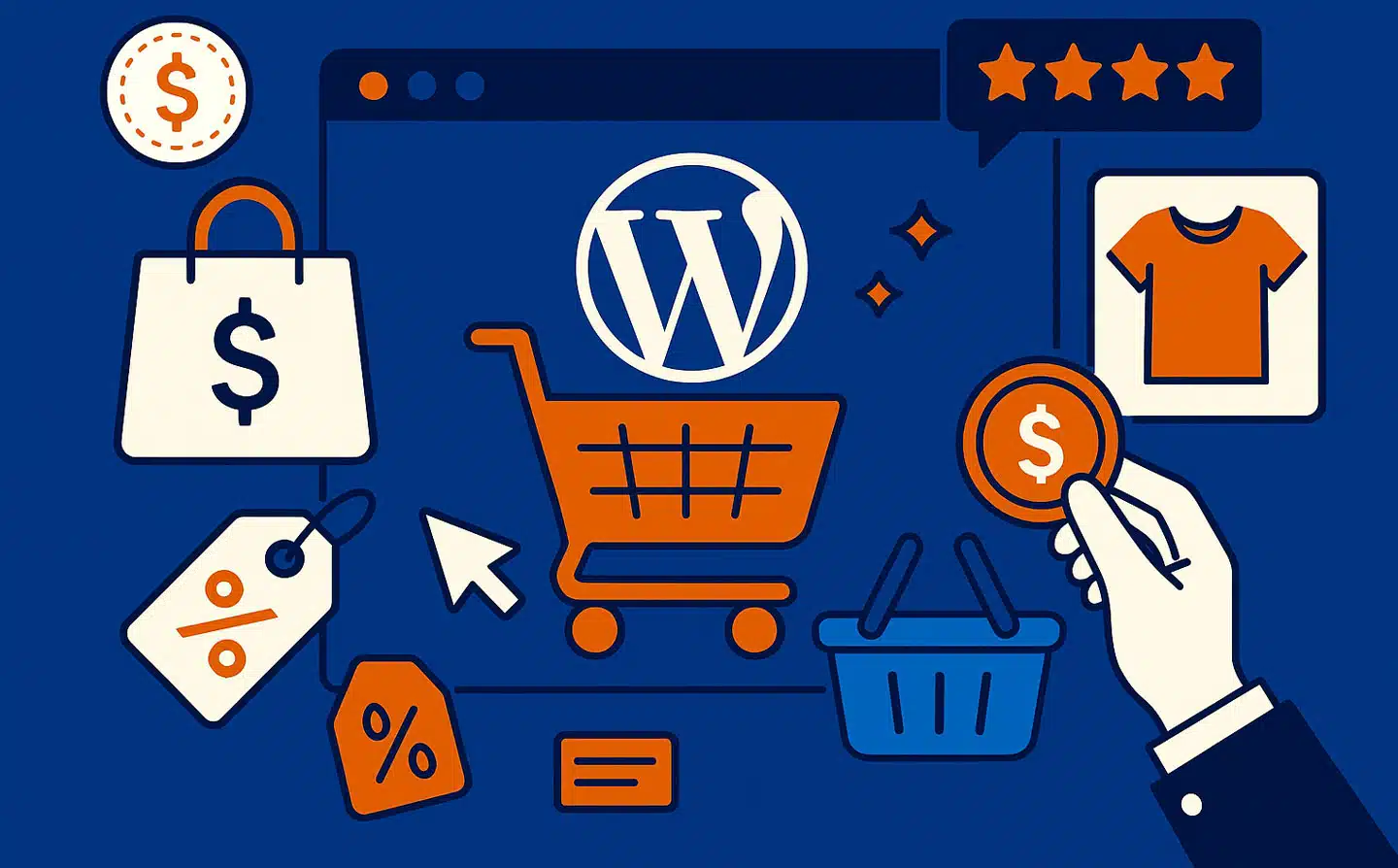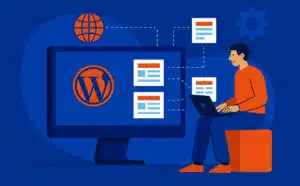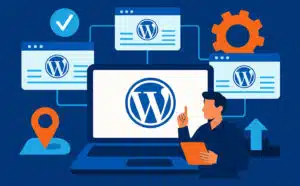WordPress plugins power nearly everything on your website — from contact forms and image sliders to SEO tools and eCommerce systems. But every plugin introduces a potential security risk if not managed properly. That’s why it’s essential to protect WordPress site health before small issues turn into costly disasters.
In fact, over 90% of WordPress-related hacks stem from plugin vulnerabilities, making this one of the most important aspects to monitor.
At WP Support Lab, we help businesses protect WordPress sites from plugin breaches. This guide will walk you through the essential steps to protect your WordPress site without sacrificing flexibility or performance.
Why Plugins Are a Common Security Risk
Plugins extend the functionality of WordPress sites, but they also:
- Add extra layers of code, increasing complexity and vulnerability
- Can become outdated or unsupported over time
- May clash with core updates or other plugins
- Often run with administrator-level privileges, increasing risk
🧨 Just one vulnerable plugin can compromise your entire WordPress site. To protect WordPress site security, proactive management is critical.
Protect WordPress Site from Plugin Vulnerabilities: 9 Expert Tips
1. Install Only Trusted, Maintained Plugins
Before adding any plugin:
- Check the last update date (ideally within the past 6–12 months)
- Look for active installations (10,000+ is a good sign)
- Read through user reviews and ratings carefully
- Ensure it’s compatible with your current WordPress version
💡 Avoid plugins with poor reviews, long periods without updates, or reports of bugs.
2. Minimize the Number of Plugins
Each plugin increases the attack surface. Keep only essential plugins, and perform regular audits to identify unnecessary ones.
📌 WP Support Lab helps businesses streamline their plugin stack and protect WordPress site performance.
3. Update Plugins Safely
Enable auto-updates for trusted plugins. For others:
- Use a staging environment to test updates safely
- Schedule updates during low-traffic periods
- Always back up your site before performing major updates
🛠️ Our expert team at WP Support Lab provides secure update workflows with rollback protection to avoid issues.
4. Use a Web Application Firewall (WAF)
A firewall is crucial to protect WordPress site security. Tools like Wordfence or Sucuri can:
- Block known plugin exploits automatically
- Filter suspicious traffic and prevent attacks
- Detect malware early and isolate infected files
5. Scan Regularly for Malware
Regular scanning helps you stay ahead of potential threats:
- Run malware scans weekly with tools like Wordfence or Sucuri
- Use file integrity monitoring to detect unauthorized changes
- Monitor plugin vulnerabilities with WPScan or similar tools
6. Lock Down File Permissions
Restrict access to critical files:
- Set permissions on
wp-config.phpto prevent unauthorized edits - Limit write access to
wp-content/plugins/and.htaccess - Use directory permissions of 755 and file permissions of 644
These small steps can significantly protect WordPress site security.
7. Disable Plugin and Theme Editors in Admin
Hackers often exploit the built-in file editor to inject malicious code.
Add this line to your wp-config.php file:
define('DISALLOW_FILE_EDIT', true);
This disables the editor and removes an easy attack point.
8. Delete Unused Plugins
Deactivated plugins remain on your server and are still potential vulnerabilities. Always fully delete any plugins you are not using to protect WordPress site integrity.
9. Monitor Admin Activity
Use monitoring tools such as WP Activity Log or Simple History to:
- Track all plugin installations, updates, and configuration changes
- Detect unauthorized or suspicious activity by admin users
- Respond quickly to any changes that could compromise the site
Bonus Tip: Choose Security-First Plugins
Invest in well-reviewed premium plugins or trusted free tools. Security-conscious plugins reduce risk and often offer superior support and updates.
Final Thoughts — Protect WordPress Site and Build Long-Term Confidence
Plugins make WordPress powerful, but they also introduce risks if unmanaged. To protect WordPress site performance, user trust, and search rankings, proactive care is essential.
At WP Support Lab, we help you:
- Audit your plugin stack
- Implement safe update workflows
- Monitor your site 24/7 to catch threats early
👉 Want expert help to protect WordPress site health? Contact us today and let’s secure your site together.
